5 min read
Share this post

This month brings the release of Civics and Citizenship. These next lessons in our Core Curriculum series are the first to directly address the needs of English language learners (ELLs) in this subject area.
Civics and citizenship is a cornerstone of secondary education across the United States. It gives students an understanding of their rights and responsibilities as members of a democratic society. Here, students learn about the workings of government, the importance of active participation in civic life, and how the rule of law forms the backbone of the US, so that they can become well-informed, responsible citizens equipped to contribute to the common good.
The significance of this subject is even more pronounced for ELLs since civics and citizenship classes offer them a dual opportunity. Not only do they become versed in their new country’s civic framework, they also improve their English proficiency. Ultimately, for ELLs, this is not just about a new language but also understanding a new culture and societal context.
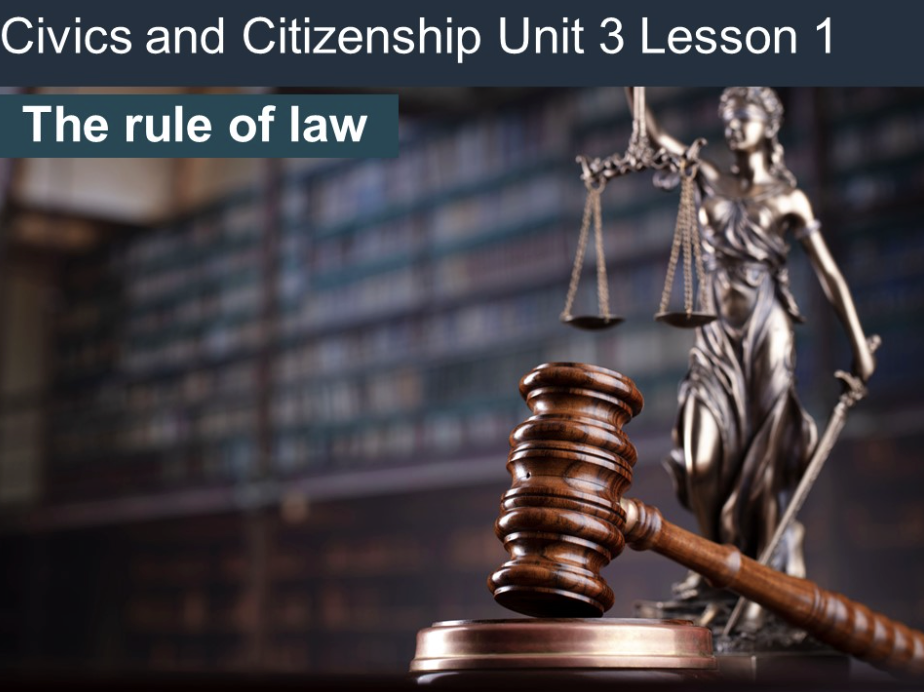
Despite its importance, the specialized vocabulary and complex civics concepts can be challenging for ELLs. The nuanced language of government and policy can be a barrier, making it difficult for students still mastering English to fully engage with the material and, by extension, their civic duties.
However, Off2Class has crafted a solution through its Civics and Citizenship lesson series to make civics education accessible to ELLs. With lessons outlining key elements of common American civics and citizenship courses, the curriculum is laid out straightforwardly, introducing students to essential language and concepts. This clarity is crucial for ELLs as they navigate the complexities of their civics and citizenship classes.
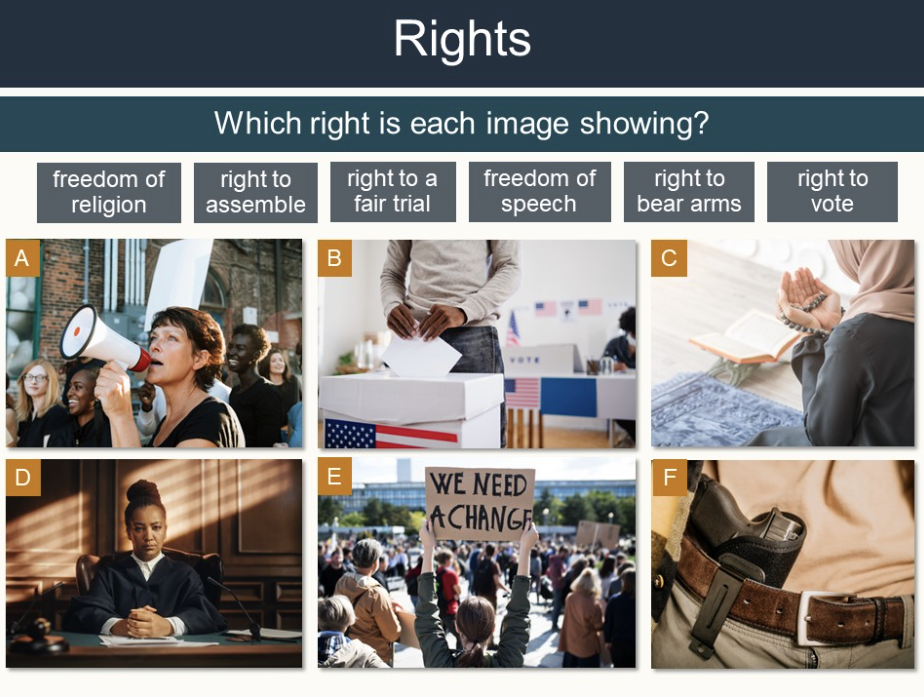
What sets Off2Class apart is its interactive approach. Students are learning about more than just the US Constitution or the social contract. They are also encouraged to engage with these concepts through reflection and discussion, applying what they learn to their personal experiences and learning subject-specific language along the way. This approach helps students internalize the material and see themselves as part of the civic fabric of their communities.
Although these lessons have a clear focus on US-centered topics, they are not just for the American market. The principles of civic participation and the skills for understanding and discussing them are universal. Therefore, educators from around the world teaching civics concepts will find these resources beneficial.
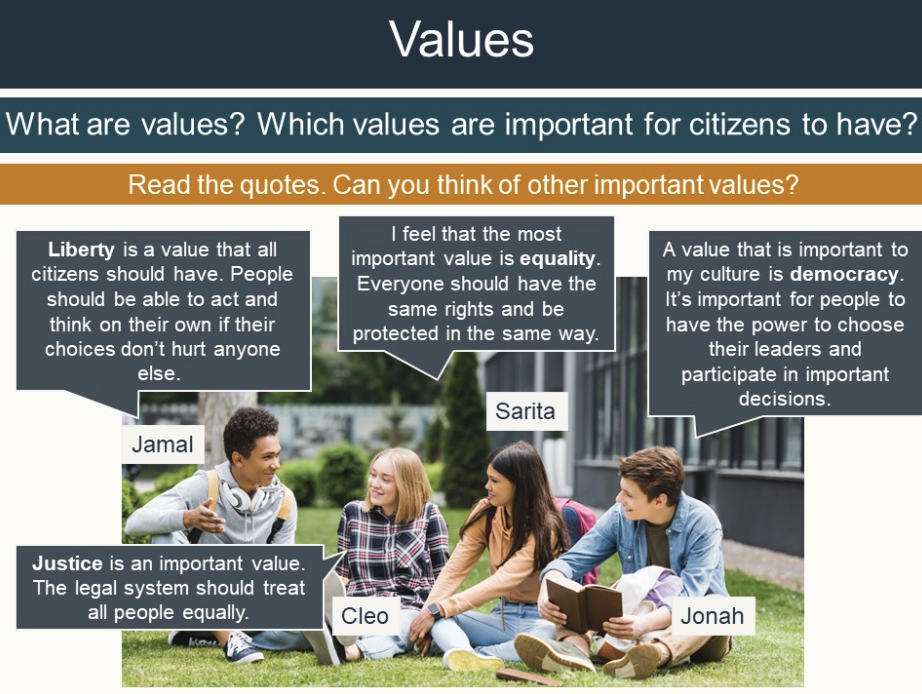
The Off2Class Core Curriculum equips students with essential skills for understanding and engaging with a range of topics in secondary education. It highlights crucial vocabulary and common expressions pertinent to various academic disciplines. Mastery of these linguistic elements will, as a result, enable students to progressively grasp and express more sophisticated concepts and language.
This curriculum is especially beneficial for students who already have a rudimentary grasp of English but require additional assistance to communicate their ideas in an academic setting. For those at the beginning of their English learning journey, the Newcomers lesson series serves as an excellent entry point.
The language and material of the Core Curriculum are primarily derived from North American school systems. However, educators worldwide can also use these resources with slight adjustments. The curriculum’s initial release offers 72 lessons spanning Classroom Language and Skills, Language Arts, Mathematics, Science, Social Studies, and now Civics and Citizenship.
Civics and Citizenship consists of 12 lessons and 6 units. Each focuses on a different subject-related topic commonly covered in secondary school settings. Overall, the course is designed to provide students with the language and skills they need to become confident, capable participants in their civics and citizenship studies.
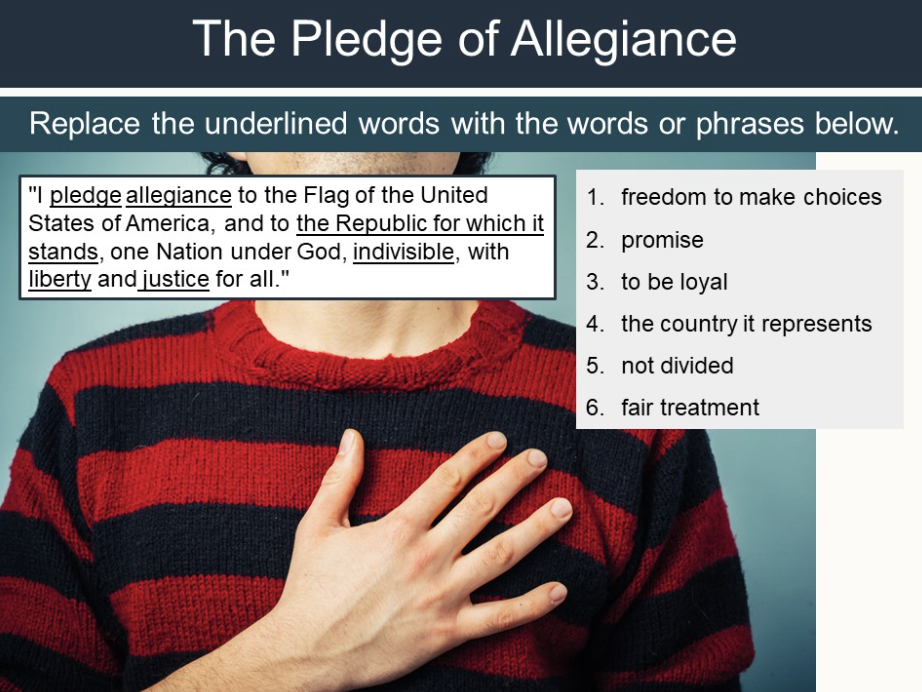
Unit 1 introduces students to the foundational concepts of civics and citizenship. Students learn to articulate what being a citizen entails and explore the basic structure of the American government.
In Unit 2, learners delve into the rights inherent to US citizenship and the concept of the social contract. They practice using modal verbs to discuss citizens’ rights and conditionals to describe the social contract, thus enhancing their conversational abilities.
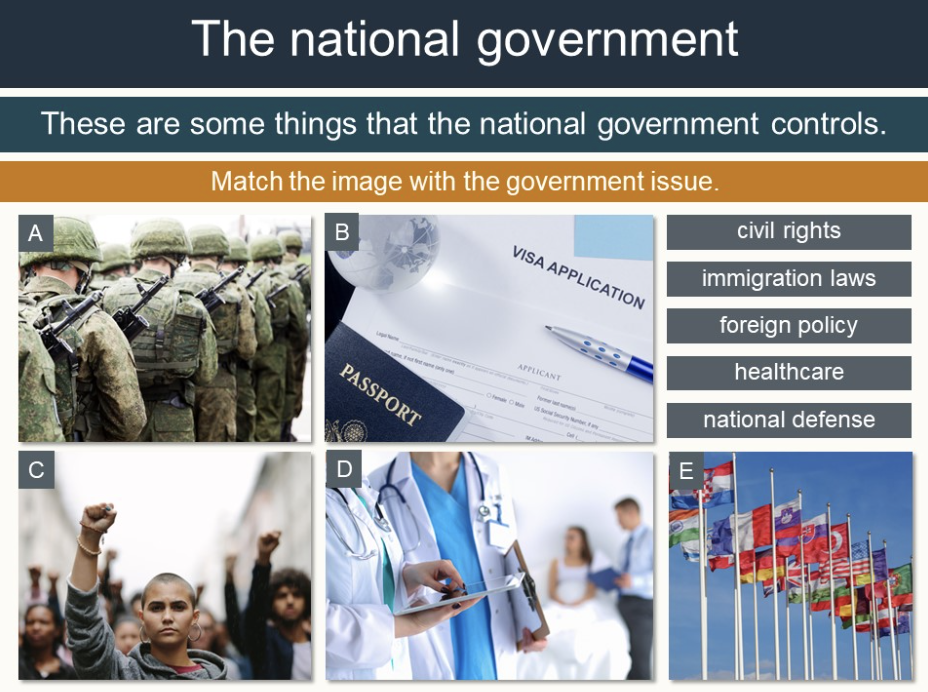
This unit focuses on the guiding principles of American democracy, such as the rule of law and the election process. Students expand their legal vocabulary, employ the passive voice to articulate how laws are enacted, and sequence language to outline electoral procedures.
Unit 4 takes students through the historical journey and significance of the US Constitution. They learn to employ relative pronouns to detail key articles and past tense verbs to discuss constitutional amendments.
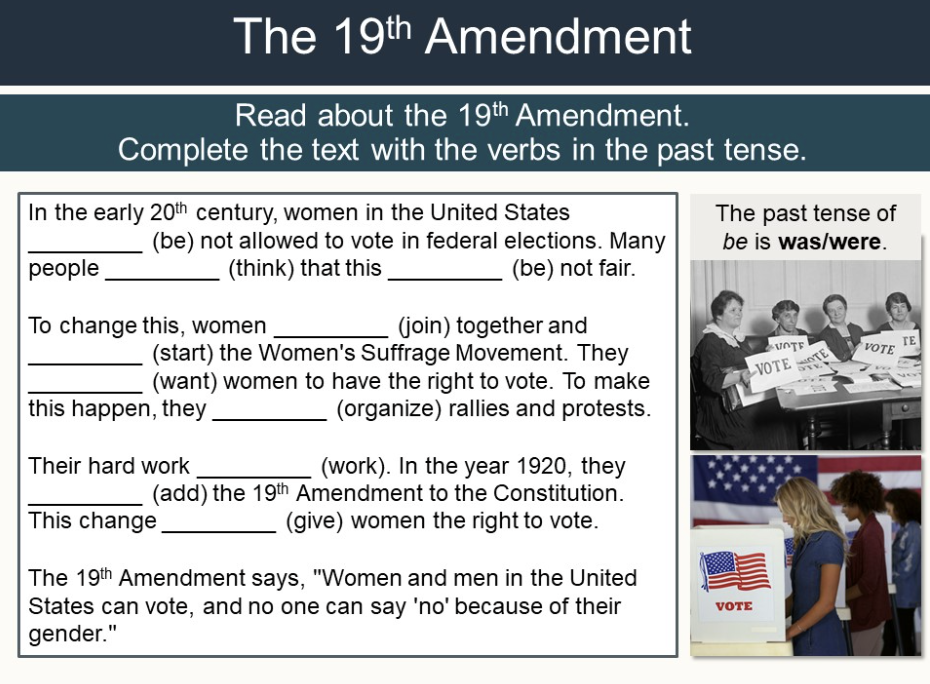
Unit 5 compares different forms of government, with a focus on republicanism and the separation of powers. Through comparison and contrast, they discuss the nuances between a republic and a democracy and describe the distinct functions of the governmental branches.
Finally, Unit 6 helps students understand civic responsibilities. Students converse about mandatory duties required of citizens and propose voluntary actions that contribute to community welfare.
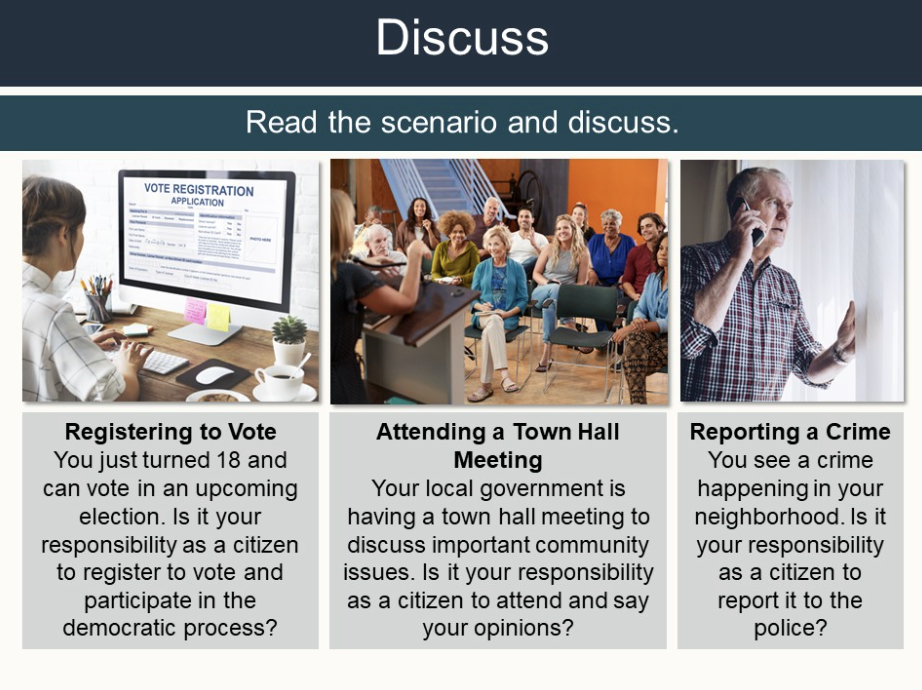
The Off2Class Civics and Citizenship series is more than a set of lessons. It is a pathway to empowering ELLs as they learn the fundamentals of civics. Explore the new Civics and Citizenship lessons and the rest of the Core Curriculum in the Off2Class Lesson Library.
For full details of our Civics and Citizenship lessons and the entire Core Curriculum series, head to our release schedule. We will also be releasing our 2024 content schedule very soon!
Share this post

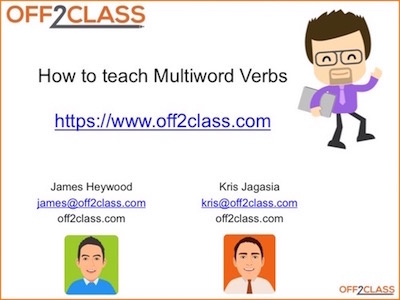
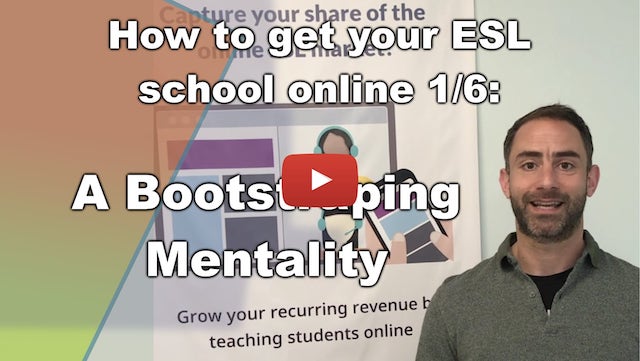
Leave a Reply